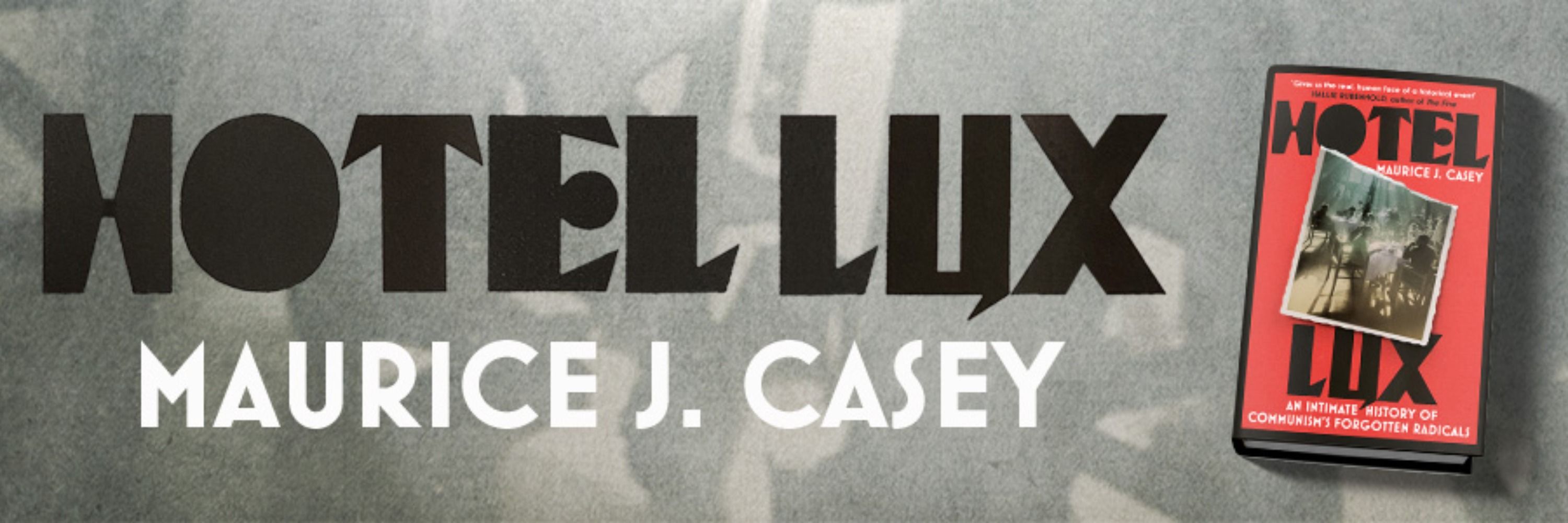
Author of Irish Book Awards shortlisted HOTEL LUX — about a hotel in 1920s Moscow — and radical history newsletter Archive Rats:
archiverats.substack.com
I’ll be unleashing a decade worth of primary sources from 30+ archives on the students.


I’ll be unleashing a decade worth of primary sources from 30+ archives on the students.


Thanks to the IISH Amsterdam for hosting and sharing some of its vast riches!

Thanks to the IISH Amsterdam for hosting and sharing some of its vast riches!

The International Institute of Social History is quickly becoming an all time favourite.


The International Institute of Social History is quickly becoming an all time favourite.

Socialism is always both a theory of economic redistribution and a chance to hang out!!

Socialism is always both a theory of economic redistribution and a chance to hang out!!
Morris Hillquit, born in Latvia, stood on a platform that included opposition to war, economic redistribution and support for a burning global issue: Irish freedom.


Morris Hillquit, born in Latvia, stood on a platform that included opposition to war, economic redistribution and support for a burning global issue: Irish freedom.





Grateful for the opportunity to spend three years down these historical rabbit holes


Grateful for the opportunity to spend three years down these historical rabbit holes


*sitting in the British Library Newsroom reading obscure left wing pamphlets

*sitting in the British Library Newsroom reading obscure left wing pamphlets




A photograph of Lenin at the founding congress of the Comintern? How could you not feature it.
Well, on either side of Lenin is Hugo Eberlein (left) and Fritz Platten (right).

A photograph of Lenin at the founding congress of the Comintern? How could you not feature it.
Well, on either side of Lenin is Hugo Eberlein (left) and Fritz Platten (right).



Eberlein was arrested in the summer of 1937 and sentenced to 15 years in the Gulag. Shot by firing squad in 1941.


Eberlein was arrested in the summer of 1937 and sentenced to 15 years in the Gulag. Shot by firing squad in 1941.
A museum director in Belarus is organising an exhibition about the first Comintern Congress. He writes to the Comintern to ascertain the fates of two individuals who feature in a group photograph from the Congress.

A museum director in Belarus is organising an exhibition about the first Comintern Congress. He writes to the Comintern to ascertain the fates of two individuals who feature in a group photograph from the Congress.



